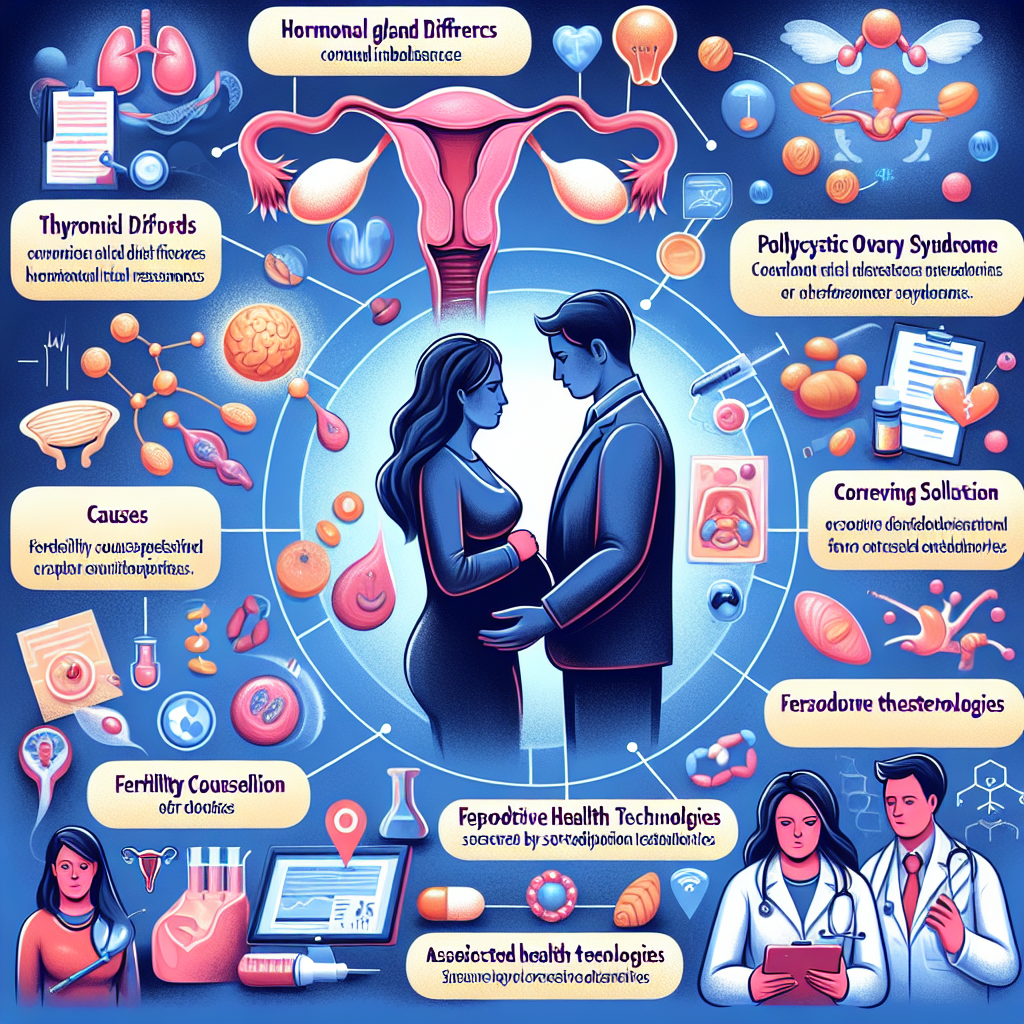Child Development: A Complete Guide to the Essential Stages
Introduction
Child development is a complex and fascinating process that begins at conception and continues throughout life. Understanding the essential stages of child development can help you support and encourage the healthy and balanced growth of your little ones. Whether you're a parent, grandparent, or childcare professional, this guide will give you the information you need to successfully navigate your child's most important developmental stages.
Stage Newborn (0-2 months)
During the first two months of life, babies experience a new world and learn to adapt to it. Their development focuses on establishing a regular rhythm of eating and sleeping and forming a strong bond with their parents. At this stage, babies begin to discover their own body and environment through instinctive senses and movements, such as the sucking and clinging reflex.
Infant Stage (2-12 months)
During this crucial stage, infants begin to develop new motor, language and social skills. From the smiles of the first interaction, to the first words and steps, every moment is an important achievement. Head control, rolling over, crawling, crawling, and eventually walking are all major milestones in motor development. In addition, they begin to understand language and communicate through gestures and sounds.
Toddler Stage (1-3 years)
Young children become curious and energetic explorers of the world around them. Speech development explodes and their vocabulary expands rapidly. They also develop fine motor skills such as stacking blocks or drawing with pencils. It is also the time when they begin to understand simple concepts and develop feelings and social relationships.
Preschool Stage (3-5 years)
Preschoolers are primed for learning and their newfound thirst for knowledge is insatiable. Their cognitive development advances, the ability to think logically and solve problems begins to emerge. Language development reaches new heights and social skills become more sophisticated. Here, children learn about cooperation, sharing and following rules.
Junior School Stage (6-8 years)
As children enter school, they develop their reading and writing skills. They begin to understand new math and science concepts and develop a sense of responsibility through homework and assignments. Social interactions become more complex, forming friendships and learning to deal with a wide range of emotions.
High School Stage (9-12 years)
At this stage, children become more independent and begin to prepare for adolescence. They continue to expand their reading and math skills and develop a sense of their own opinions and interests. Social-emotional development is key as they face new social challenges, such as forming friend groups or managing conflict.
Adolescence (13 and over)
Adolescence is marked by rapid physical and emotional changes. Adolescents develop their identity, independence, and interpersonal relationships as they navigate the challenges of the transition from childhood to adulthood. At this stage, emotional support and guidance are extremely important for healthy development.
Conclusion
Each stage of development comes with its own achievements and challenges. Understanding these stages is essential to giving children the support they need to grow up in a healthy and balanced way. Parents and caregivers should be aware of these stages and remain flexible and responsive to the changing needs of their children as they grow. The present guide serves as an excellent starting point to begin the journey towards understanding complete child development.














































































































































